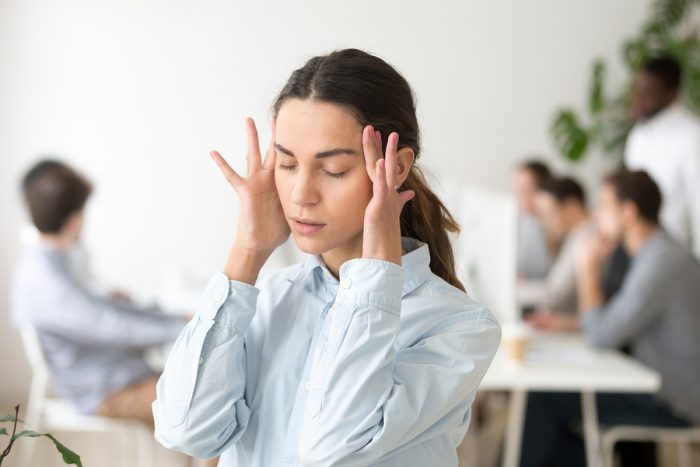There are many different types of anxiety disorders that people experience and various levels of anxiety that can occur in an individual. While a general anxiety disorder may cause prolonged bouts of anxiety, people who suffer from panic attacks have more brief and acute experiences of fear and worry. Panic disorder is a mental illness in which the sufferer can have sudden and intense physical and mental symptoms of anxiety following certain triggers.
Panic attacks can be both terrifying and exhausting for the sufferer and at times they can come about unexpectedly. The attacks can recur periodically and lead to problems with functioning in everyday situations. Some may worry that they can’t be in certain situations without experiencing a panic attack.
Even though it can be challenging to cope with panic attacks there are many different strategies and tools that people can use to prevent or get safely through a panic attack without it escalating. The use of medication and relaxation techniques can help people who struggle with panic attacks to feel more comfortable in triggering situations. Learning more about panic attacks & alcohol detox treatment and how to handle them can make it easier to manage this illness in the long term.

What Happens During a Panic Attack
For people with panic disorder, their symptoms are much more than just a state of mind that takes over. They can experience very serious physical symptoms that can be challenging to overcome. Someone who is going through a panic attack might experience an increased heart rate, excessive sweating, shaking, trembling, shortness of breath, hot flashes, lightheadedness, nausea, headache and a number of other symptoms.
These intense physical reactions are involuntary symptoms that can appear to happen out of the blue in many cases. People with specific phobias will usually have panic attacks when confronted with their trigger which can be considered an expected attack. People with panic disorder can sometimes have both expected and unexpected attacks in different situations.
In addition to the physical symptoms, people with panic disorder also experience upsetting and painful psychological symptoms when an attack occurs. They might feel an intense fear of losing control or wonder if they are going “crazy.” They also can experience an overwhelming fear of dying and a sense of being detached from their surroundings.
Panic attack symptoms can seem unexpected to sufferers who have not learned how to identify their triggers. If they have no idea how to cope with their symptoms yet, the experience can be very frightening and can last for what seems like a long period of time. The more they are able to learn about panic disorder, the easier it will become to cope with attacks over time.
Coping with Panic Attacks
One of the first steps to learning how to cope with panic attacks is figuring out how to identify triggers. Panic attacks can appear random for many but analyzing when they occur may reveal some recognizable patterns. A therapist can help you determine whether you have a few specific triggers that you can be aware of so you can possibly prevent an attack.
Once you know what your triggers are, you can start to have a plan of action in place so you know what to do when confronted with a certain trigger. If you feel the onset of an attack, having a set of instructions on what to do can be comforting and prevent the attack from spiraling out of control. You can figure out different steps that will work for you such as taking yourself out of the environment you are in, calling a friend, and then using relaxation techniques.
Physical and mental relaxation can be a crucial part of coping with panic attacks. Practicing deep breathing can be very effective and minimizing some of the physical symptoms that occur with an attack including increased heart rate and shortness of breath. Breathing exercises such as taking a deep breath in for four seconds, holding, then releasing for four seconds can help relax the body.
Other techniques such as muscle relaxation can be helpful in regaining control of your body. Focusing your attention to one part of your body such as your hands and then tensing and relaxing them one at a time. Going through each muscle in your body this way can help promote deep relaxation.
The most important part of dealing with panic attacks is getting regular treatment from a professional. Meeting regularly with a therapist can help you come up with a plan for how to deal with panic attacks. You can also get some insight into why your attacks occur and how to live with the disorder and still be healthy and functional.
If you are struggling with panic attacks and looking for best drug rehabs center then contact a local treatment program for psychotherapy and medication to help improve your health.




